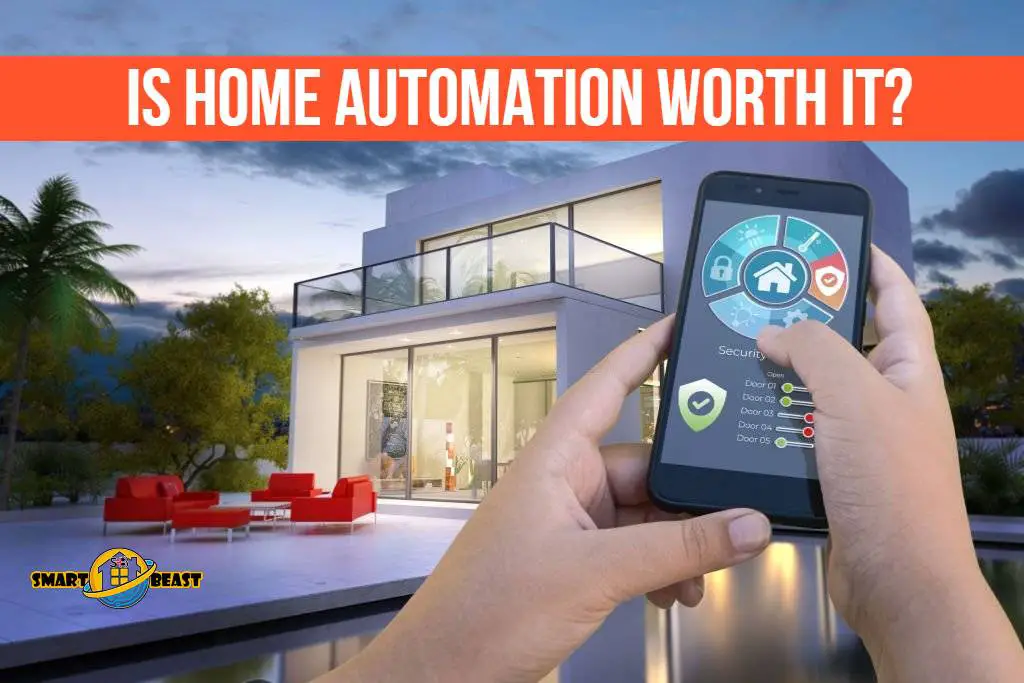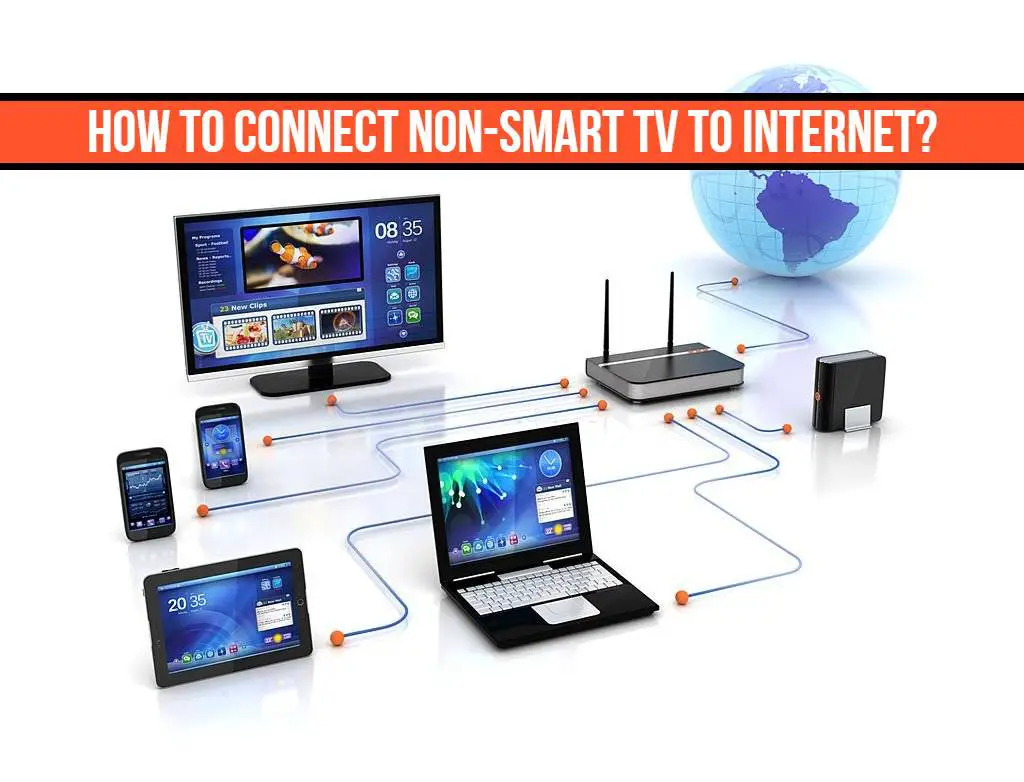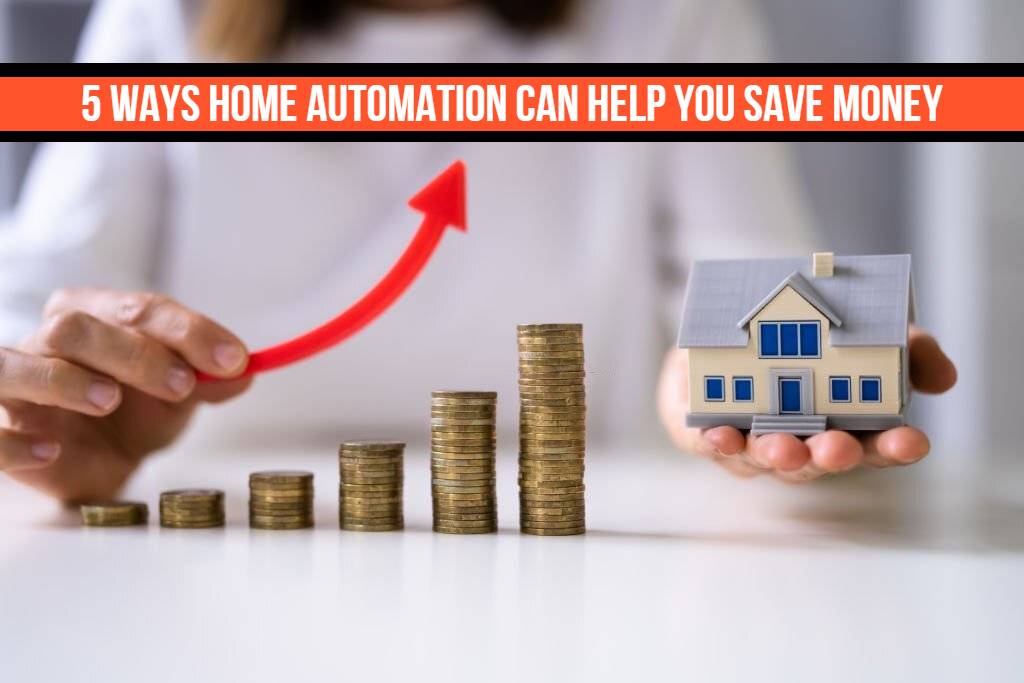
When it comes to home automation, there are a lot of factors to consider. The cost of the system, the learning curve, and whether or not it will actually save you time and money in the long run. For some people, home automation is a no-brainer. But for others, it’s a more difficult decision.
Before making any sort of investment, it’s important to do your research to ensure you are confident in your decision. This is especially true when it comes to something like home automation, which can be a big financial commitment.
In this post, we’ll cover some of the biggest pros and cons of home automation, deconstruct some of the most common myths about home automation, and provide some tips on how to get started with automating your home. After reading this post, you should have a clearer understanding of whether or not home automation will be worth the investment for your specific needs.
So, is home automation worth it?
In a word, yes. For many homeowners, home automation makes sense. However, it is not for everyone. Before diving in, it’s important to consider the costs and benefits of home automation. There is no one-size-fits-all solution, so it is beneficial to evaluate your specific needs and expectations before making a decision.
Why You Should Consider Home Automation
Whether you are renovating your entire home or just adding in certain smart features, home automation has a variety of benefits. Most of these benefits are indirect and are related to the money you will save and the time you will save while enjoying the comfort and convenience of your automated home.
5 Benefits of Home Automation
Benefit #1: Save on Energy Bills
A major benefit of home automation is that it can help you reduce your energy consumption. When you automate a device, you can program it to operate at the optimal times. For example, you can program your thermostat to turn down the heat or the AC when everyone is asleep, or when the sun is out, so the air conditioner won’t run constantly.
You can also program your lights to turn on and off at specific times to help reduce your energy usage.
Another example: You can automate your blinds to open at a certain time every morning, if you want to let the sun in. That way, you will start your day with the right amount of light.
Benefit #2: Save Time and Be More Productive
A lot of your everyday tasks can be automated, so you can focus on getting more important things done.
You could schedule your coffee maker to start brewing at a certain time every morning, so you can wake up to the smell of fresh coffee. That way, you won’t have to get up early to brew coffee, which will give you more time to enjoy a morning workout, get extra sleep, or have time to meditate or pray.
There are many ways you can use home automation to save time – from dimming your lights automatically at night, to programming your lights, to opening and closing your blinds all from your smart phone.
Benefit #3: Peace of Mind
When you have an automated home, you won’t have to worry about whether or not you left the lights on, or if you closed your garage door, or if you turned off the stove.
Your automated home will take care of those little things that could potentially turn into big issues.
You can also connect all your devices to an app on your phone, so you can operate them all from one place. For example, you can monitor your home from your phone to check on the status of your security system, or your home’s temperature, or your lights, or all the devices on your network at once.
Benefit #4: More Security
Home automation systems can provide your home with increased security in a number of ways. By installing cameras and motion detectors, you can keep an eye on activity both inside and outside your home. You can also set up alerts that notify you if something out of the ordinary is happening. In the event of a break-in, you can even use some home automation systems to remotely unlock doors or turn on lights to scare off intruders.
Benefit #5: Convenience
Most people are familiar with the idea of home automation in terms of security systems and energy efficiency. However, there are many other benefits to automating your home. One of these is convenience.
With a home automation system, you can control all of your appliances and electronic devices from one central location. This means that you don’t have to walk around your house turning on and off different lights or appliances. You can also schedule when certain devices should be turned on or off, so that everything is always under your control.
Imagine never having to worry about forgetting to turn the lights off when you leave for work in the morning. Or, imagine being able to adjust your home’s temperature without ever having to get up from your comfortable spot on the couch. With home automation, these things (and so much more!) are possible.
Cons of Home Automation
Before you begin considering home automation, you should familiarize yourself with the possible downside of home automation. Here are some cons of home automation to consider:
1. One downside is that the home automation industry is fragmented across several popular technologies, making it difficult to select a home automation system that provides all of the functions you need. In order to create a powerful overall experience, multiple systems are required.
2. Home automation is not a “one and done” investment. Once you’ve invested in home automation, you’ll realize that there are additional costs associated with installation, maintenance, and updating your system.
3. Home automation requires a significant time investment. Although home automation can make your life easier, it takes time to set up and maintain. You might need to consider hiring a professional to set up your home automation system and handle some of the maintenance.
4. At least in theory, home automation is not secure. A well-supported system can be as secure as anything else, but security is always a concern when you integrate technology into your home.
5. Depending on the level of automation a homeowner seeks, home automation can be expensive.
How Home Automation Can Save You Money?
If you’re looking for ways to save money, automating your home could be a great place to start. By investing in some smart devices and connecting them up to your smart home hub, you can reduce your energy consumption by switching off the lights automatically when you leave the room or when you return home, switching off the heating when you leave the house, or turning it up when you come home.
However, a smart home’s energy automation does not end with heating and lighting. You can set alarms that will be activated when you are out of the house, allowing you to check on whether your appliances have been left on or not. For example, you could configure your smart home hub to switch off your TV if you walk away from your living room and forget to switch it off.
4 Home Automation Myths That Are Keeping You from Getting Started Today
Home automation is a hot topic right now, with products such as Nest and SmartThings allowing you to control the temperature, lights, and other features of your home remotely. But what if you’re not ready to pull the trigger on a full-scale home automation system and just want to get your feet wet in the world of connected devices? We’ve put together a list of five myths that will keep you from making progress on your home automation goals.
Myth 1: It Isn’t Safe:
There have been concerns about the safety and security of home automation systems. It’s not uncommon to hear (or read) stories about how a hacker can get into your home and use your smart home system to disable your alarm or monitor your kids. Is this possible? Yes, but let’s look at the reality of the situation.
First, the chance of this happening is relatively low. The chances that someone can find your system’s IP address and use it to access it remotely are also low.
Advances in home automation are helping make homes safer, especially when paired with other smart devices. Many of the devices that can be integrated into your home are designed to prevent intrusion. For example, networked security cameras can send you notifications if they sense unusual activity, and smart locks can alert you when people are coming and going at your home.
To make your system more secure, make sure to change the default login information and do not expose your system by allowing external access.
Myth 2: You need a smart home to use home automation
If you’re like most people, you probably think that home automation is only for people with “smart homes.” Well, we’re here to tell you that’s not true! Home automation can be used in any type of home, from an apartment to a multi-family house, to a mansion. It doesn’t care about the type of home you live in; it only cares about what you want it to do.
Myth 3: It’s Too Complicated
The simple truth is that home automation is not as complicated as it seems. You don’t need to be an expert programmer to get started. Nowadays, most home automation products are simple to set up and manage, even if you aren’t a techie. Most of them require you to simply install the device and connect it to your home Wi-Fi network. It’s only when you want to go from controlling a single device to a complex network that you might need to enlist the help of an expert.
You can take help of online tutorials to set up the initial devices in your home. For example, if you’re connecting a light to a SmartThings system, you can watch a video on YouTube that will walk you through the step-by-step process for getting started.
Myth 4: You need a big budget to get started
This is a big one. People think that home automation is expensive, so they’re afraid to get started. But that’s simply not the case.
The truth is that you don’t have to spend a lot of money to get started in home automation. If you’ve followed any of the more popular DIY home automation projects on the internet, you’ve probably seen people using a wide variety of different products.
You can find plenty of cheap smart home devices like you could start with as little as $10-$50 if you buy a few smart plugs to control lamps and appliances. Or, if you want to get a bit more advanced, you could use something like a smart outlet.
But if you want to get really advanced and start controlling your home with your voice, setting up a home automation hub, like the Echo Plus, is a great place to start. There are countless home automation projects you can start right now, with just a small budget.
Final Thoughts on the Topic!
Home automation is worth the investment and time. It’s the perfect way to take control of your home, automate your life, and make it more convenient and comfortable.
I hope this article helped you to see the benefits of home automation and made you want to get started!
If you’re still on the fence about whether or not home automation is for you, we’ve put together a few articles that will help you decide.







